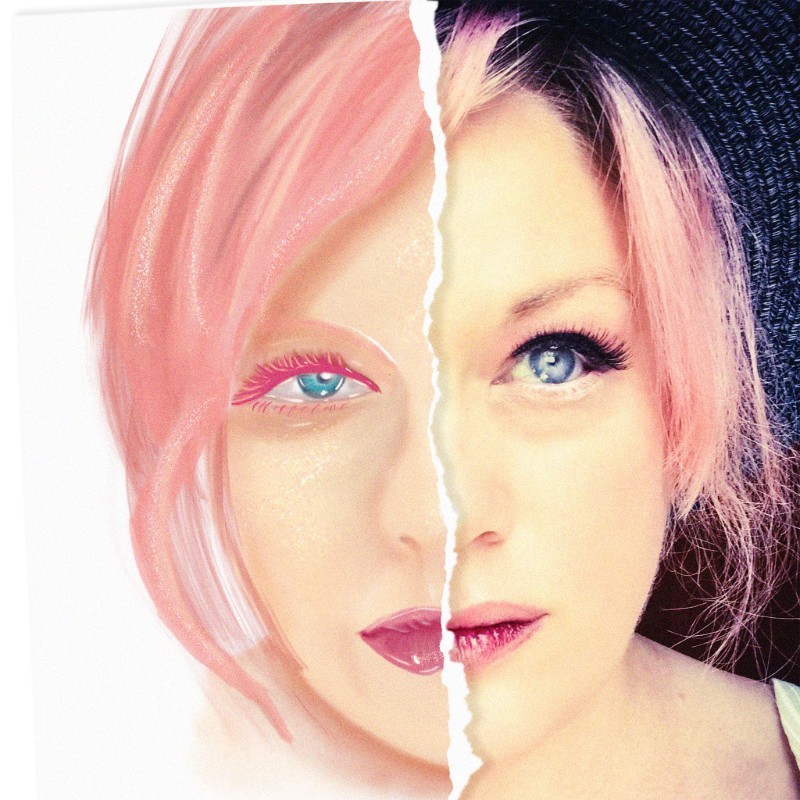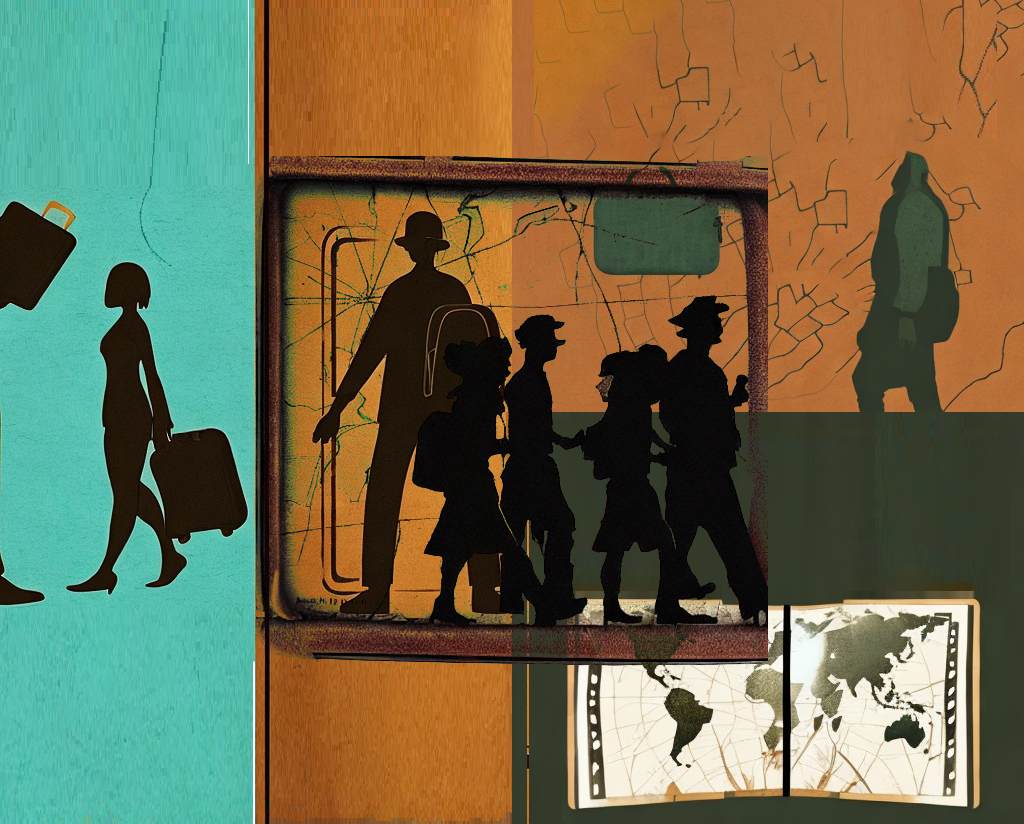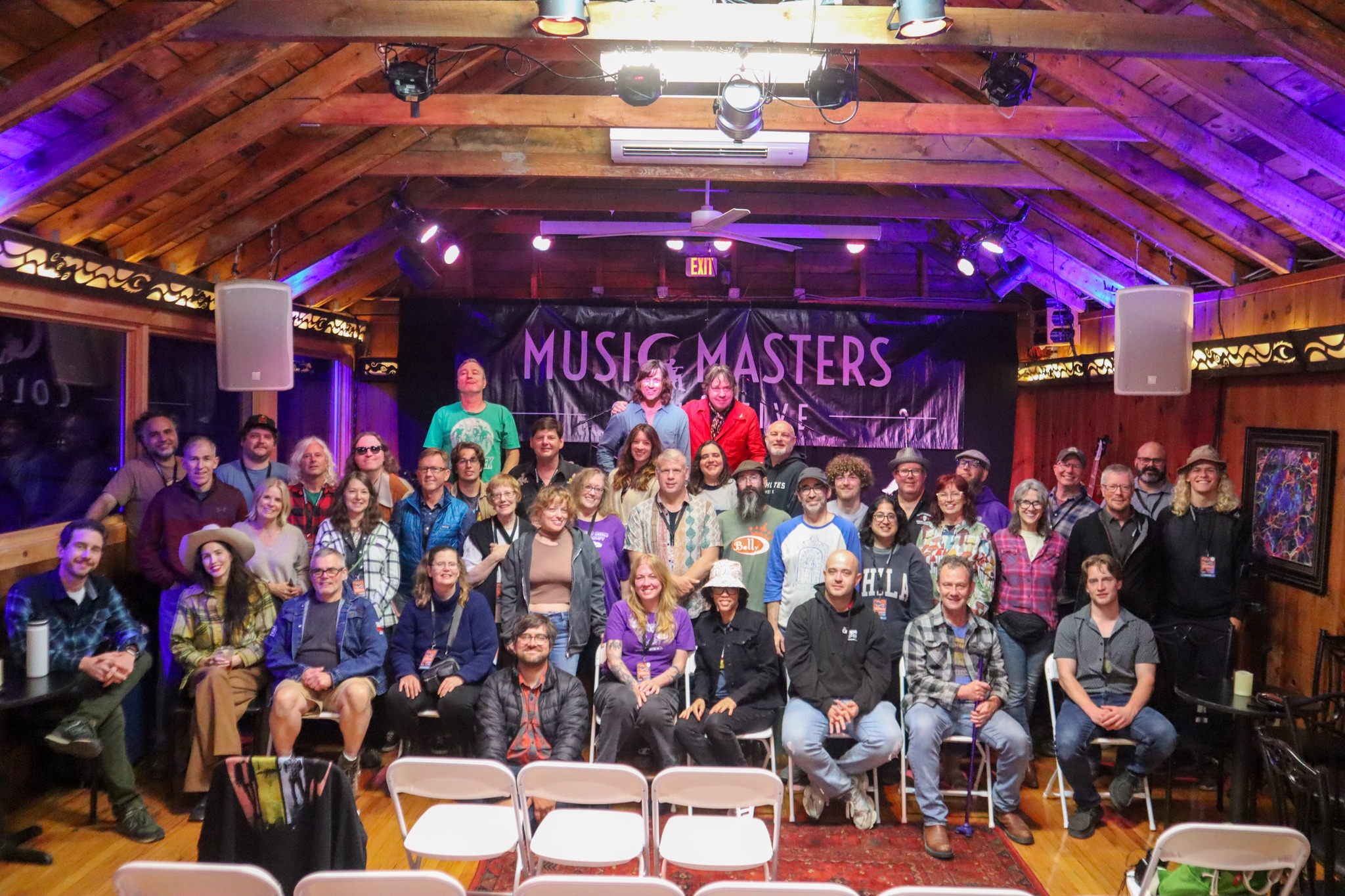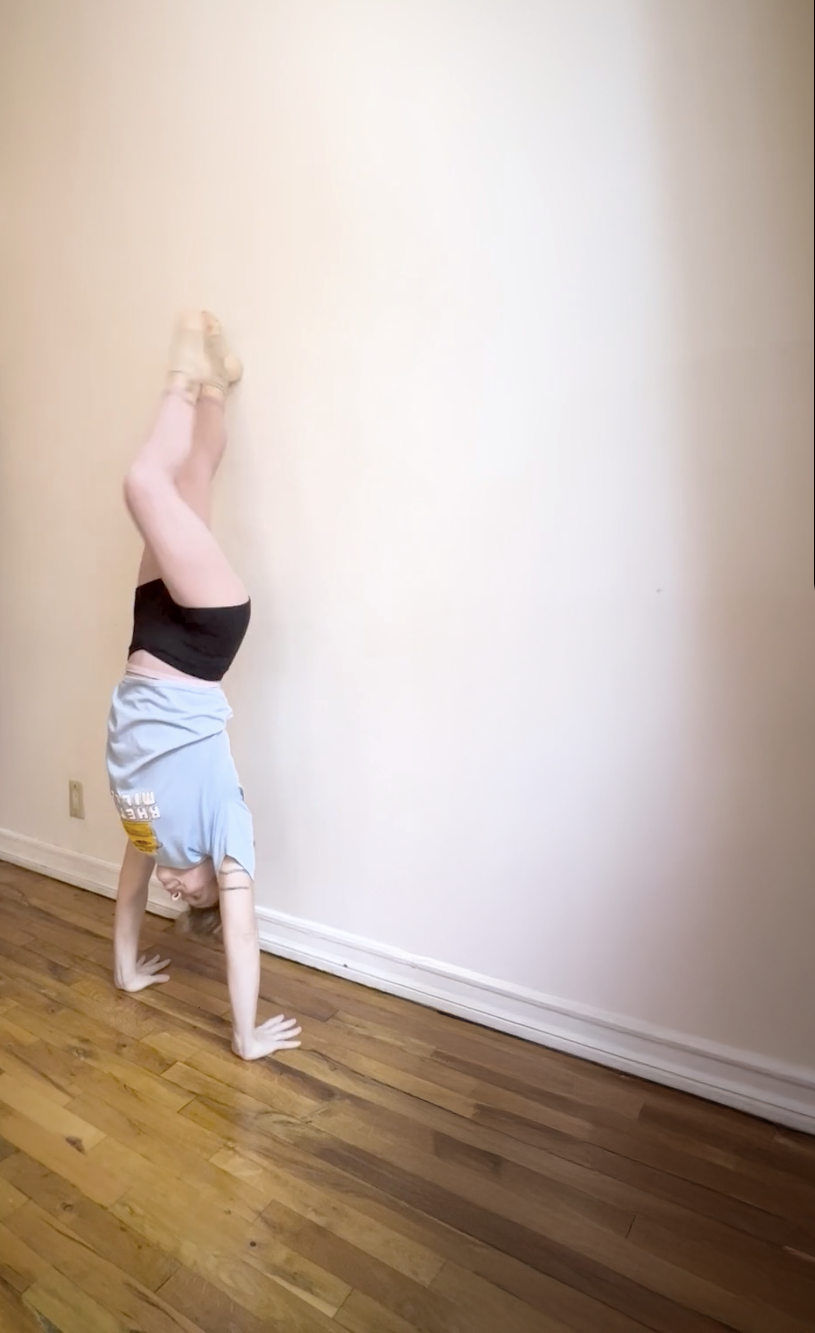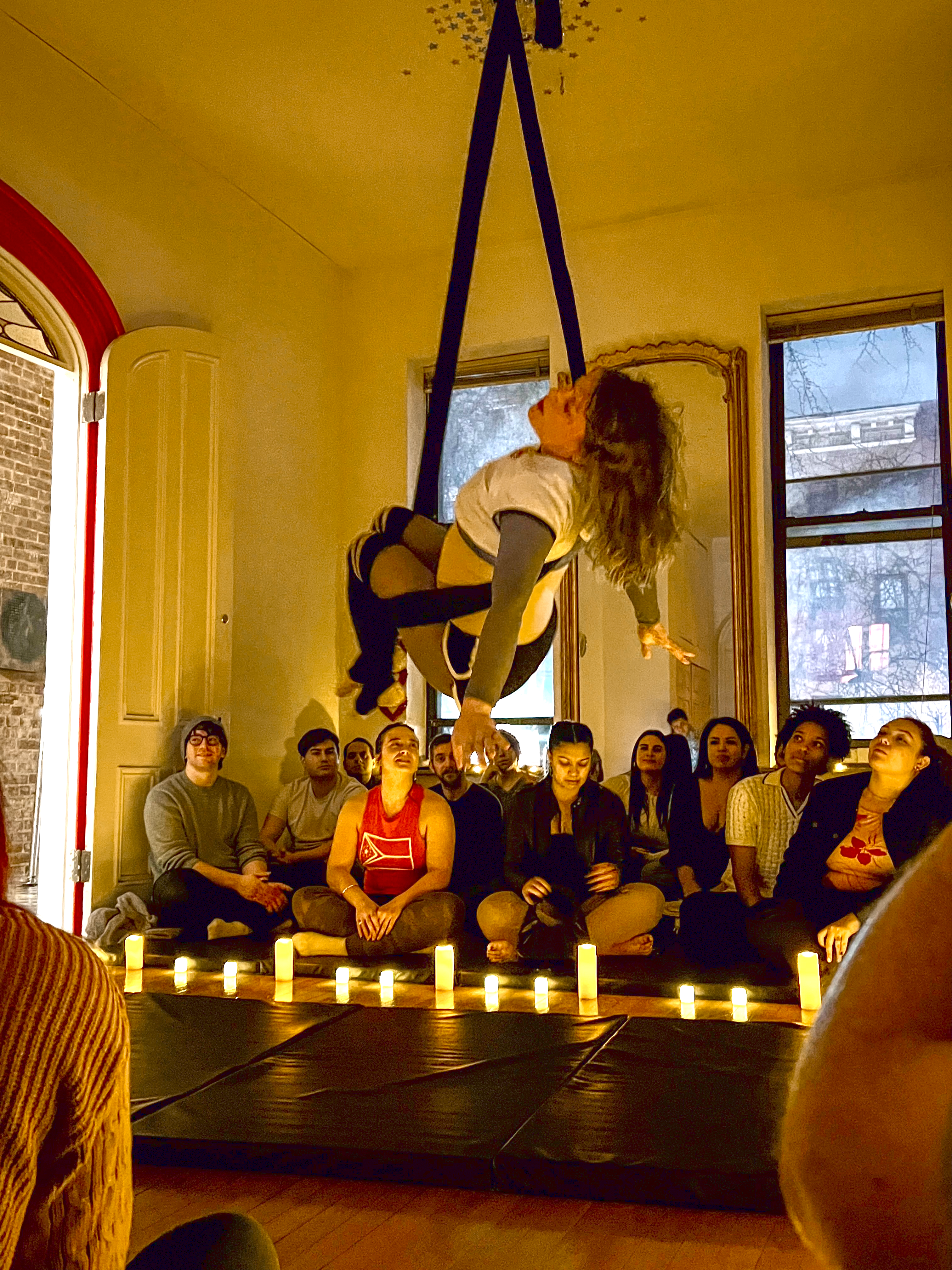In a society that venerates youth, the older woman’s voice is frequently hushed, considered trivial, and outdated. But what if her words contain the answer to what we so yearn to know?
Lately, I returned to document my earlier projects, build a portfolio and manage my work, but this was not the first time I had tried. Every time I delved into the past, I stood confronted with both exhilarating and triggering memories.
I recently resumed my formal education by enrolling in a design boot camp. I was excited and eager to expand my design skills. Very early on, I felt the air was charged with unease, each scrutinizing gaze a stern reminder that I was a stranger in a culture that values youth above all else.
I had hoped for an education to challenge my beliefs and broaden my perspective. I envisioned a place where ideas would be rigorously interrogated, and the pursuit of truth was sacrosanct. Instead, I found myself navigating a maze of defensiveness and resistance.
My questioning was perceived as a threat to the authority of my instructors and the program. It was a real-life illustration of the intricacies of power, where those in positions of power are often reluctant to admit what they do not know.
Every time I dared to question the information presented by my instructors, I was met with a wall of opposition. My dissenting voice was met with accusations of arrogance, dismissed as the outbursts of a problematic student. And if my frustration and upset became too pronounced due to the build-up of lack of respect and acknowledgment, it only seemed to validate their view of me as a stubborn, uncompromising learner. My experiences and insights from adjacent fields were disregarded as if my role as a student automatically rendered my perspectives irrelevant.
But the reality was far more insidious. My questioning was perceived as a threat to the authority of my instructors and the program. It was a real-life illustration of the intricacies of power, where those in positions of power are often reluctant to admit what they do not know.
And so, I was left with a sense of disillusionment, a feeling that the pursuit of knowledge had been subsumed by classroom politics. The notion of the teacher being always correct, with no room for questioning or dissent, was pervasive in my educational experience. It was a reminder that educational programs are not all unmitigated goods and that knowledge acquisition is often overshadowed by the need to maintain a particular power dynamic and stifle any challenges to authority.
I was determined to demonstrate that my life experiences and insights held worth within the digital design industry. Yet, I felt belittled as too aged to be taken seriously and too inexperienced to be proficient. The insidious marriage of sexism and ageism muzzled my voice, reducing my contributions to a tired cliché and stifling my potential.
The impact of grades extends into the future, shaping job prospects. Potential employers often use grades to assess a candidate’s worth and aptitude. However, the subjective nature of grading through unclear rubrics, coupled with the implicit biases and stereotypes within the education system, can result in disparities in opportunities and treatment based on race and gender.
In my efforts to challenge grades deemed subjective or untrue, I encountered a formidable adversary in dismissiveness. My voice, burdened by my station as a student, was relegated to a whisper, perpetuating the rigid power dynamic in the classroom where the teacher held sway over my reputation and perceived abilities. The bitter irony was not lost on me, as I was accused of valuing grades over education, despite my persistent efforts to the contrary.
Grades are heavily significant in academia, shaping a student’s reputation inside and beyond the school walls. High grades are viewed as a symbol of success, while low grades are seen as markers of failure or inadequacy. Yet, when a student feels that their grades are impacted by a teacher’s dismissive attitude towards their contributions and experiences, the power dynamic is reinforced, highlighting the teacher’s impact on the student’s reputation and abilities.
The impact of grades extends into the future, shaping job prospects. Potential employers often use grades to assess a candidate’s worth and aptitude. However, the subjective nature of grading through unclear rubrics, coupled with the implicit biases and stereotypes within the education system, can result in disparities in opportunities and treatment based on race and gender.
The allure of grades and reputation can be tempting, inducing us to measure our worth through external validation. However, it is imperative to acknowledge that grades are not a definitive measure of intelligence or potential. The successes of women and older individuals indicate that excellent grades are not the only path to achievement.
From a young age, we are conditioned to prioritize grades and reputation. Still, it is only later that we realize their transient nature. As we journey through our careers and lives, focusing on growth and development is crucial, rather than solely on grades and reputation. Grades and reputation may be ephemeral markers of success. Regardless, they offer no insight into our true worth, the richness of our lives, or the depth of our understanding.
And I saw the emptiness of the apology, echoing the patriarchal idea that a woman’s value is measured by external validation.
Amid one such charged discourse about the vague grading methods and uneven application of standards with a teacher, his tone shifted to one of contrition. He appeared to acknowledge the effect of his behavior on me and wanted to apologize.
At first, I felt a flicker of hope that he had finally understood what I had been struggling to articulate. His mea culpa could mark a turning point in our interactions, a signal that a bridge could be built between us.
But then he said that he should have complimented me more often.
And I saw the emptiness of the apology, echoing the patriarchal idea that a woman’s value is measured by external validation.
The apology echoed a long-standing cultural notion that a woman’s worth is dependent on the approval and compliments of others. It is an insidious belief, rooted in patriarchal values, that suggests that a woman’s self-worth is not enough and needs to be validated by external sources. But this idea is not only limiting and damaging but also a falsehood. A woman’s worth cannot be quantified or measured by anyone but herself. To suggest otherwise is to deny her agency, her independence, and her full humanity.
We are too often prone to oversimplifying others and reducing them to their roles, relying on preconceived notions, perpetuating stereotypes, and constricting our understanding of human experiences. Education should broaden our perspectives but can also oppress and stifle growth. It is up to us to resist this reduction and embrace diversity.
Reflecting on the encounter, I was struck by the importance of challenging assumptions and considering multiple perspectives. The apology, while initially dismissive, underscored the need to examine the intricacies of my experience.
In this instance, I may have been too quick to judge the teacher’s motives, but I cannot ignore the power dynamics in the classroom. The relationship between a teacher and a student is powerful. Both parties must be mindful of it and strive for a healthy and equitable balance.
Still, I can’t help but question whether he would have extended the same apology to a male student.
In the heat of the moment, I viewed the teacher’s apology as a condescending act, an attempt to dismiss my concerns and silence my voice. But in the stillness of reflection, I looked beyond the surface. I saw the teacher as a complex shaped by multiple motives, biases, and circumstances. My first impression may have also been clouded by my own limited perspective.
Perhaps the teacher was genuinely attempting to make amends and had not fully comprehended the effect of his words. Our perspectives can easily become myopic, leading us to misinterpret the intentions of those around us. In this case, my biases and experiences may have distorted my understanding of the teacher’s apology.
We all possess the capacity to hurt, heal, apologize, and forgive. Empathy and understanding are critical to navigating these complex relationships. By taking the time to understand others, we can bridge the divide and find common ground.
In this instance, I may have been too quick to judge the teacher’s motives, but I cannot ignore the power dynamics in the classroom. The relationship between a teacher and a student is powerful. Both parties must be mindful of it and strive for a healthy and equitable balance.
Still, I can’t help but question whether he would have extended the same apology to a male student.
As a woman in the technology design industry, I have often noticed a disparity in how confidence and assertiveness are perceived, depending on the person exhibiting these qualities. Time and time again, I have seen young male designers who defend their ideas with confidence and conviction and are praised for their boldness and vision. Meanwhile, when other women in the field or I do the same, our confidence is too often misconstrued as aggression or overbearingness. We are passed over for opportunities and projects and excluded from discussions.
Of course, this disparity is not unique to the technology design industry, but it is particularly pronounced here. In a field that is still dominated by men, women who exhibit confidence and assertiveness are often seen as challenging the status quo and disrupting the established power dynamics. This, in turn, leads to pushback and resistance, both from male colleagues and from societal expectations of how women should behave.
It is crucial to comprehend the cultural and societal factors driving confidence and assertiveness disparities. Factors such as gender, age, and power dynamics significantly impact how people are perceived, and we must acknowledge and confront these biases to foster a more equitable and diverse industry.
Through mentorship, education, or activism, we must create a technology design industry that values and rewards confidence and assertiveness in all its forms, regardless of gender, age, or any other factor. Only then can we truly realize this field’s full potential, innovative and groundbreaking designs from a diverse and inclusive workforce!
This is not to say that reputation is insignificant. On the contrary, our reputation can open or close doors, shape opportunities, or limit them. But it is up to us to decide how we want to be remembered and what we want to be known for.
As I reflected on the fragile nature of reputation and the power dynamics that shape it, I was reminded of Oscar Wilde’s famous declaration, “The only thing worse than being talked about is not being talked about.” And yet, what happens when we are talked about in ways beyond our control? When are our reputations shaped by the opinions of others rather than our own actions and character? This, to me, is the true tragedy of reputation.
Pursuing a reputation is, in many ways, a dance with power. Those in positions of authority, whether in the classroom, our careers, or society, hold the power to shape our reputations and define our abilities and limitations. But as Wilde’s words suggest, the very act of being talked about can also be a source of power. By proactively building and defining our reputation, we assert our agency and reclaim control over our narrative.
This is not to say that reputation is insignificant. On the contrary, our reputation can open or close doors, shape opportunities, or limit them. But it is up to us to decide how we want to be remembered and what we want to be known for. We must be vigilant in the face of efforts to shape our reputation and proactively define it ourselves. This is the challenge and the reward of stature, a delicate balance between power and agency, between being talked about and being in control of the conversation.
My mother once said, “Let them talk about you. It shows you’re interesting, and if they are talking about you, at least you also know they aren’t talking about someone who isn’t strong enough to handle the attention.” This notion, reminiscent of Oscar Wilde, has lingered within me. Being the center of attention can often be perceived as negative. Yet, my mother viewed it as a mark of allure and fortitude.
In our society, there is an unrelenting pressure to present an appearance of optimism and keep our struggles hidden. Many individuals are reluctant to divulge their negative experiences, fearing being criticized as complainers or having their credibility questioned. The fear of losing opportunities or damaging one’s reputation by appearing less than successful and happy is widespread.
However, it is important to recognize that acknowledging negative experiences is not a sign of weakness but rather a courage and vulnerability. Individuals can learn from their experiences, grow, and support others facing similar difficulties by speaking out. Breaking the stigma surrounding negative experiences creates a more compassionate and supportive community where everyone feels empowered to share their story.
By challenging the idea that success can only be measured by external markers, we offer a more nuanced and truthful viewpoint on the human experience. Embracing the attention that comes from being authentic and truthful makes us the authors of our lives captivating and uplifting. To unapologetically be oneself in a world that prioritizes invisibility and conformity is to claim the power of being the center of attention and define oneself on one’s own terms.
This essay endeavors to do just that – to give voice to my experiences and make sense of them in my own way. Through sharing my story, I hope to shed light on the complexities of success and the many aspects that make up a life lived. I aim to challenge societal norms and conventions about what success should look like, instead inviting readers to reflect on what success means to them personally. With this essay, I am taking control of my narrative and refusing to let it be defined by external factors. I am expressing myself in my own words and encouraging others to do the same.

